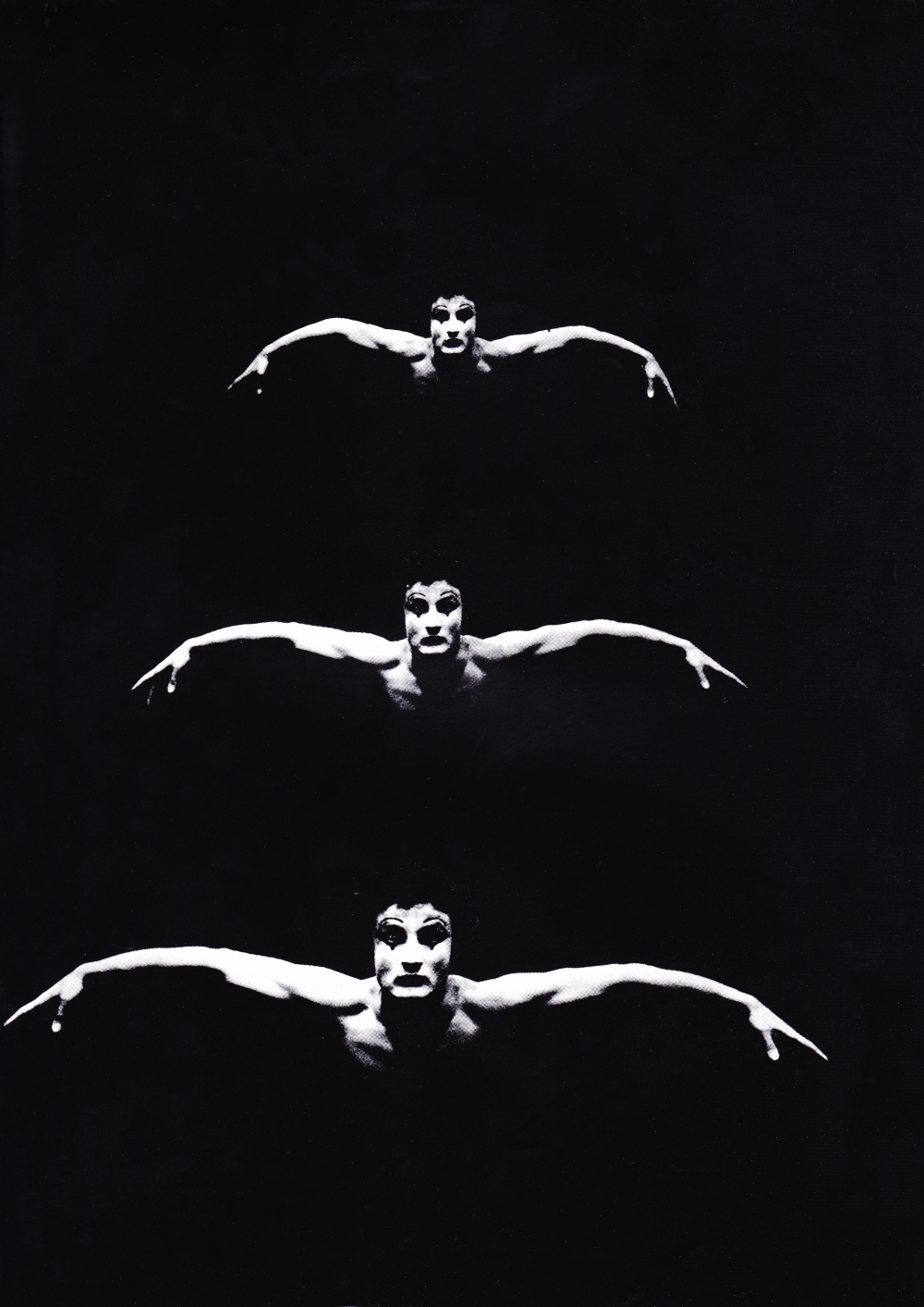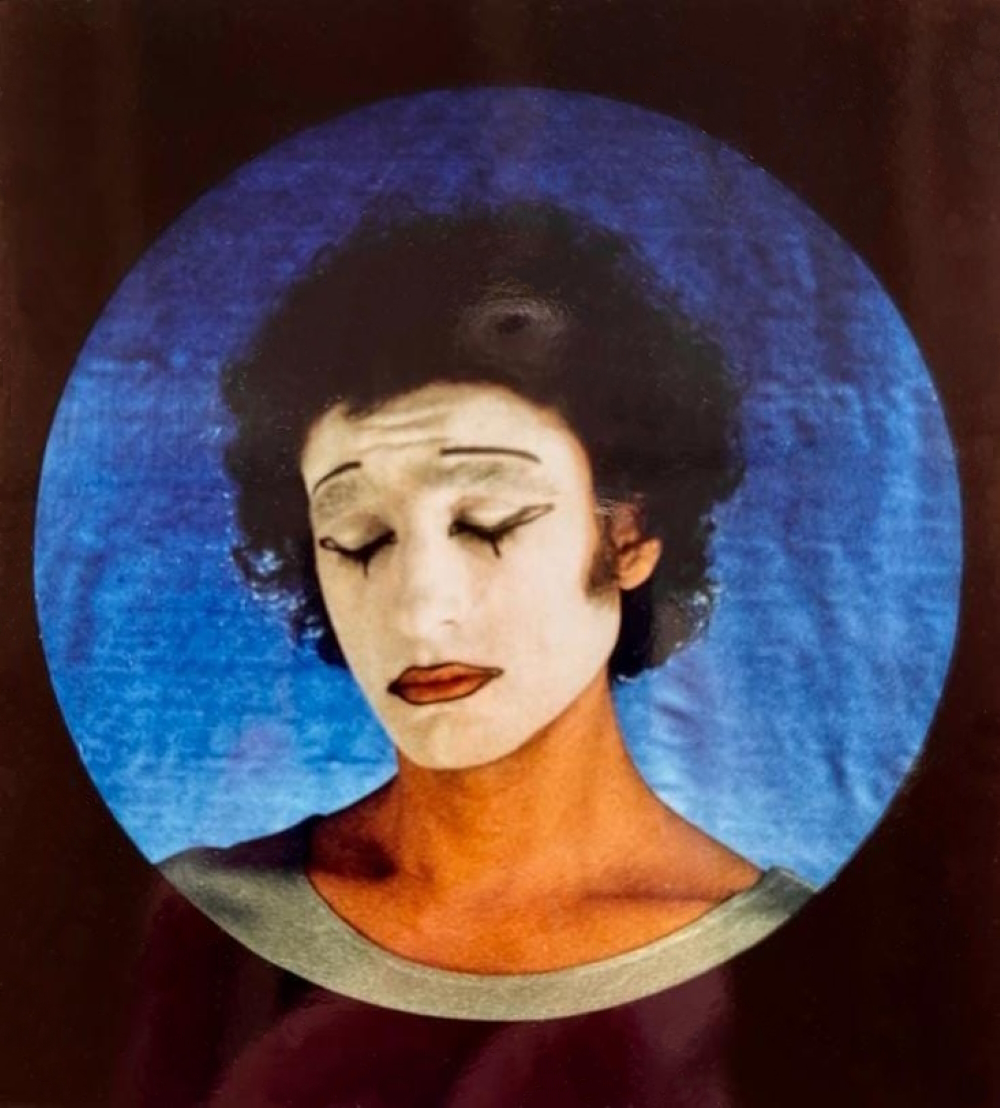Samy Molcho
world celebrated pantomime and international expert in body language communication
Israel / Austria
„One of the most important pantomimes of the 20th century. For the first time, he added purely psychological and dramaturgical elements to this art.“ The self-discription on the homepage of this Austrian, born in Israel classifies his career as well as his exceptional status correctly: Samy Molcho is ranked with Marcel Marceau (1923-2007) as the only international celebrated mime-artist whose performances have fascinated audiences worldwide. „By extension, the mime and pantomime has come to be in modern times the art of portraying a character or a story solely by means of body movement (as by realistic and symbolic gestures) and by facial expressions“, informs the world-renowned Encyclopedia Britannica. Some might say that what Monsieur Marceau called ‚L’ Art du Silence‘ in its pure form has become silent, but the influence of pantomime can often be seen nowadys in street performances or breakdance. The man here, who became famous as an expert in body language communication in the meantime, was „a genius of pantomime“ (pantomime-popkultur.de). One of his famous quotes reads as follows: „What we are, we are through our body. And the body is the glove of the soul.“
Samy Molcho
world celebrated pantomime and international expert in body language communication
Israel / Austria

Lack of talent can be a trigger for success in another field. At least that was the case with Samy Molcho. "I wanted to become a chansonnier," he told the magazine of the renowned German weekly newspaper Die Zeit, "but my vocal-teacher advised me better to shut up!“ So the rebuked mastered the art of silence and achieved worldwide fame with his quiet one-man-theatre.
Once the native Israeli (* 24 May 1936 in Tel Aviv) graduated from an actor’s school as well as from a seminar for drama in 1952, he was a dancer at the Jerusalem Dance Theatre of Rina Nikova, a pioneer of classical and biblical ballet in Israel. From 1956 onwards the young man worked as a solo dancer for modern dance in Israel’s capital. This was followed by engagements as an actor at the Cameri-Theatre and the Israeli National Theatre Habimah. In 1960 he had his first one-man pantomime performance in his hometown. In the years to come Samy Molcho performed in theatres in over 50 different countries on four continents. In 1977 he even opened the first school for pantomimes in the German-speaking territories. Besides all that the busy one was in high demand as a director for opera, musical and theater as well as a stage-actor. Samy Molcho did his last tour as a pantomime in 1987. That wasn’t just a consistent decision as he kept word regarding his promise to take leave the stage as soon as he’d been 50 years old, but a logical one too. Since 1980 the professor at the University of Music and Performing Arts at the Max Reinhardt Seminar in Vienna/Austria (up until 2004) has been concentrating on body language communication, publishing several books (in twelve languages), held countless workshops regarding that topic worldwide and was included in The German Speakers‘ Association’s Hall of Fame.
In times of peoples‘ desperate need to present themselves on social media constantly and be ‚liked‘ therefore by as many as possible, this multi-honoured expert has an important advice for all those self(ie Generation)-exposers: „I can't give you a recipe for success - but I can give you a recipe for guaranteed failure: try to please everyone!"
The father of four adult sons lives with his wife Haya, a successful gastronomer, in Klosterneuburg (north of the Austrian capital).
Interview March 2023
The silent art: communication by body language
INTUITION/IMAGINATION
How does intuition present itself to you – in form of a suspicious impression, a spontaneous visualisation or whatever - maybe in dreams?
Intuition presents itself to me primarily in the form of impressions, observations, and ideas that I would like to share with others.
Will any ideas be written down immediately and archived?
My ideas germinate in my mind until they grow to fruition and then eventually they get written down in note form.
?: How do you come up with good or extraordinary ideas?
For me, it’s not really a question of having extraordinary ideas, but rather a feeling or inspiration that I want to convey in the form of art…allowing the audience to interpret and respond.
?: Do you feel that new creative ideas come as a whole or do you get like a little seed of inspiration that evolves into something else and has to be realized by endless trials and errors in form of constant developments up until the final result?
My ideas do not come to me as a whole, but rather start somewhere smaller and then grow and develop through experience and expression.
What if there is a deadline, but no intuition? Does the first fuel the latter maybe?
Of course if I have deadlines to meet, I improvise and then the ideas take shape.
INSPIRATION
What inspires you and how do you stimulate this special form of imaginativeness?
I’m inspired by life, human behavior, and daily problems and struggles.
?: How do you filter between ideas worthwhile pursuing and bad ones that you just let go of?
I don’t really filter out good or bad ideas; I use my ability to transform ideas into my art, whether good or bad, but sometimes there are ideas I can’t convey well and I let those go.
Has it to appeal to you primarily or is its commercial potential an essential factor?
I’ve never made artistic choices for commercial purposes.
Do you revisit old ideas or check what colleagues/competitors are up to at times?
Of course I revisit earlier ideas.
CREATIVITY
Which time/place/environment suits your creative work process the best (tranquillity or pressure) and which path do you take from theory/idea to creation?
My creative work is a process that includes both tranquility and pressure and both lead from theory to creation.
What is better in the realization process: speed and force creativity i.e. grasp the magic of the moment, or a slow, ripening process for implementation/elaboration?
Creativity is like a plant…it has to grow.
?: Do you have any specific strategies you use when you are feeling stuck creatively?
There are no strategies. First, I take a break to get away from the pressure, and then I try to deal honestly with myself and life.
How important are self-doubt and criticism (by others) during such a process i.e. is it better to be creative on your own, only trust your own instincts, or in a team?
As an artist, the process is between you and yourself.
Should a creative always remain true to him-/herself including taking risks & going against the flow or must one, for reasons of (commercial) survival, make concessions to the demands of the market, the wishes of clients and the audience’s expectations?
For me, an artist must be prepared to go against the flow and stay true to one’s own art.
How is innovation still possible if one has established a distinctive style and, just in case, is it good to be ahead of one’s time even one hazards not being understood?
You pursue your own convictions and don’t just follow the flow of the time. Innovation and creativity for me are actually grounded in this.
When does the time come to end the creative process, to be content and set the final result free - or is it work-in-progress with an endless possibility of improvement?
It is work in progress with the endless possibility of improvement but I sense that I’ve put out what I wanted to for that particular creation.
?: In case of failure or - worse - a creativity crisis how do you get out of such a hole?
With a ladder. :-) Seriously, I don’t think of my art in terms of failure or success.
SUCCESS
Should/can one resist the temptation to recycle a ‘formula’ one’s successful with?
No, I don’t recycle, I repeat ideas but keep the door open to new creations and directions.
Is it desirable to create the ultimate/timeless work, but doesn’t “top of the ladder” bring up the question of “what’s next?” i.e. isn’t such a personal peak “the end”?
Art is timeless. There is no question of an end…it always has a drop of eternity. When I listen to music and literature today that was written long ago, it is still relevant. Certain aspects of my work have had an end because of physical or other limitations, but the creativity goes on forever.
MY FAVORITE WORK:
'The Bird and the Hunter' ('Der Vogel und der Jaeger') can be seen on Youtube, or read my most recent book, 'Territorium ist ueberall'.

